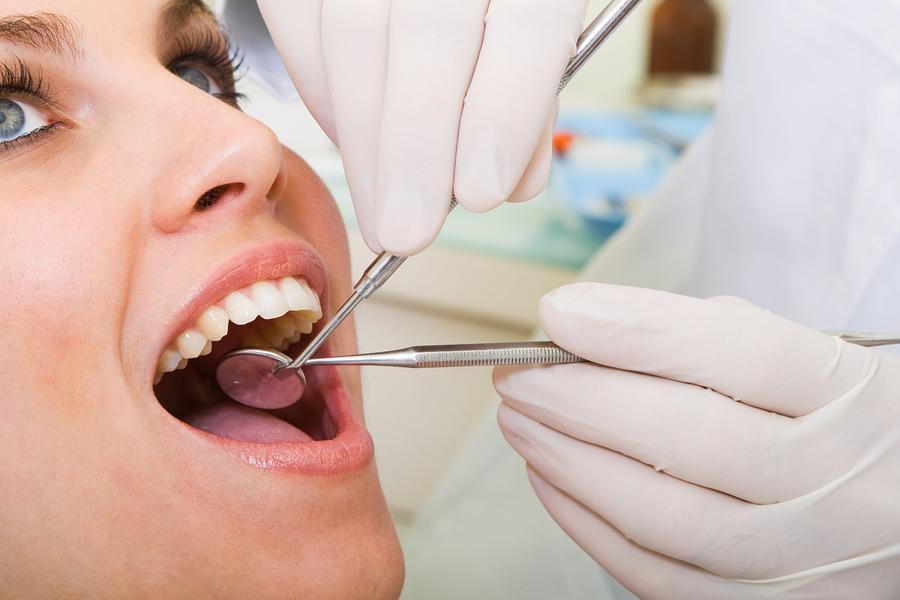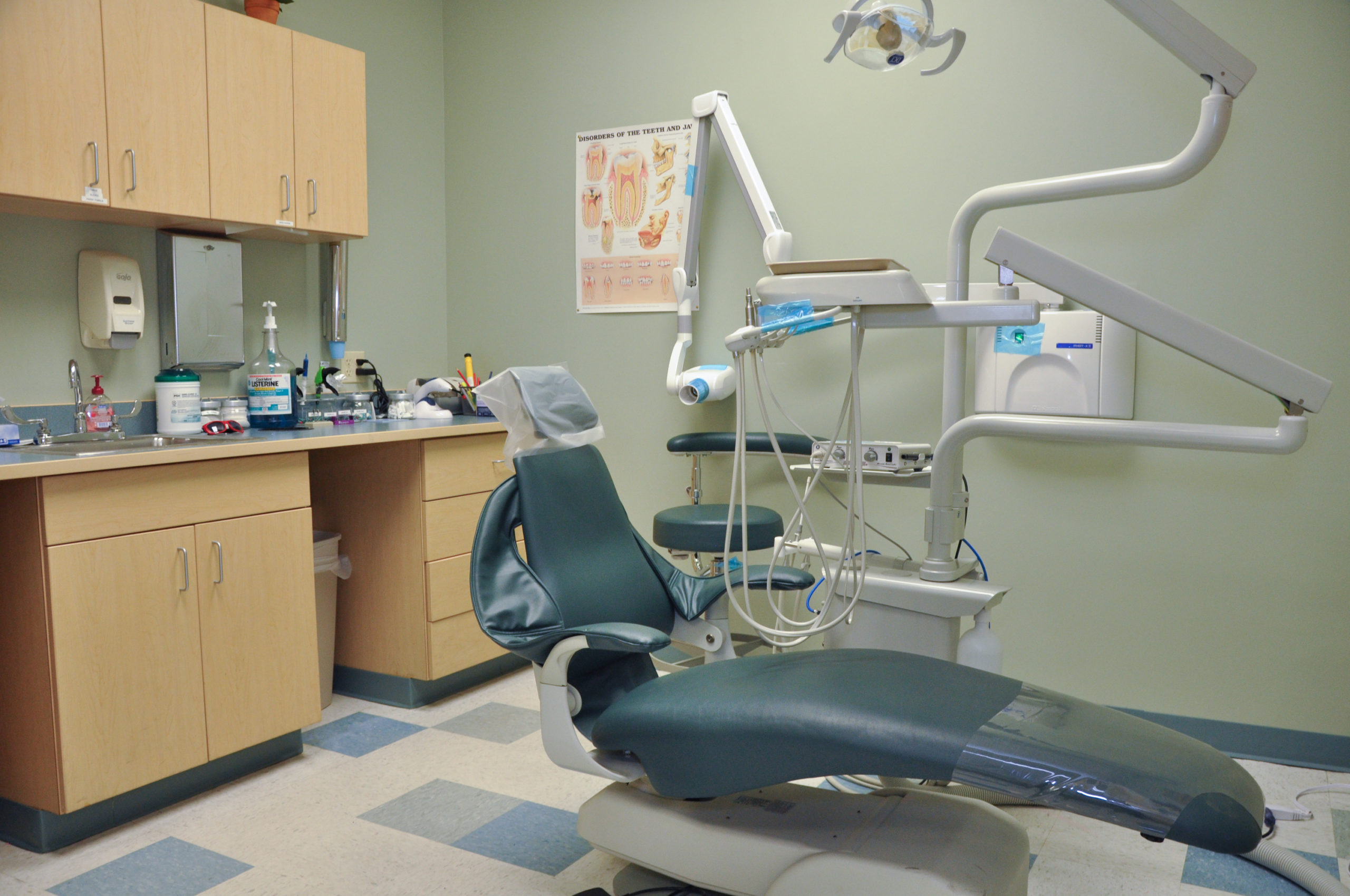Understanding Just How Dental Practitioners Attend To Typical Oral Health And Wellness Issues
Dentists utilize a diverse technique to take care of common dental wellness problems, utilizing diagnostic strategies such as visual evaluations and X-rays to identify cavities, gum disease, and tooth level of sensitivity. Emphasizing preventative treatment, dental experts likewise provide personalized guidance on maintaining oral hygiene. How exactly do these methods merge to guarantee optimal oral health and wellness?
Diagnosing Tooth Cavities
Diagnosing tooth cavities includes a meticulous examination of the teeth, utilizing both aesthetic examinations and progressed diagnostic tools. Oral specialists start with a detailed aesthetic analysis, trying to find staining, noticeable holes, or other indications of decay on tooth surface areas. They may utilize an oral mirror and traveler to discover soft spots or locations that might indicate demineralization.
Along with aesthetic inspections, dental practitioners usually utilize advanced diagnostic tools to improve precision. Digital radiographs, or X-rays, are essential in determining dental caries that are not noticeable to the naked eye, such as those between teeth or beneath existing oral work. These photos provide comprehensive understandings into the level and area of decay, enabling precise therapy preparation.
Some professionals also make use of laser fluorescence devices, which find modifications in tooth make-up by gauging exactly how much light is shown back from the tooth surface. This approach can determine early-stage dental caries that could not yet be obvious or noticeable through standard means. Normal dental exams and using these diagnostic techniques are crucial in catching tooth cavities early, thereby avoiding additional decay and preserving overall oral health and wellness.
Treating Periodontal Disease
While detecting tooth cavities is a crucial aspect of oral health, it is similarly important to attend to gum disease, another widespread dental issue. Gum tissue illness, or periodontal condition, is mostly triggered by the build-up of plaque, a sticky film of microorganisms on the teeth and gums. If unattended, it can proceed from gingivitis, a moderate form, to periodontitis, a much more serious problem that can cause missing teeth and systemic wellness problems.
The first therapy for gum tissue illness frequently involves non-surgical strategies. Scaling and origin planing, a deep cleansing procedure, is generally utilized to get rid of plaque and tartar from below the gumline. Anti-bacterial medicines might also be prescribed to lower bacterial tons.
For sophisticated situations, surgical treatments could be required. Treatments such as flap surgery, where gum tissues are lifted back to get rid of tartar deposits, or bone and cells grafts, which intend to restore damaged areas, are used to recover dental health and wellness.
Recurring maintenance is important in taking care of gum condition. Dental practitioners advise regular dental examinations, expert cleansings, and attentive home treatment practices, consisting of brushing, flossing, and making use of disinfectant mouthwash. Early detection and constant monitoring are essential to stop the development of this usual yet major oral condition.
Handling Halitosis
Poor breath, also understood as bad breath, often impacts people and can be a resource of considerable social pain and stress and anxiety. Dental practitioners play an important duty in handling this condition and detecting by identifying underlying reasons and advising proper therapies.
The etiology of halitosis is multifactorial, with inadequate dental hygiene being a key factor. Bacterial plaque buildup on the teeth and tongue, food particles, and completely dry mouth are common wrongdoers. eugene dentist. Dental practitioners commonly begin monitoring by advising patients on reliable oral health practices, including routine cleaning, flossing, and making use of antibacterial mouth washes

In addition, way of living and dietary factors, such as tobacco use and usage of particular foods, may intensify halitosis. Dental practitioners give individualized recommendations on nutritional alterations and cessation of dangerous practices. Partnership with various other doctor might also be required if systemic conditions, such as intestinal conditions or respiratory infections, are believed contributors to bad breath.
Addressing Tooth Level Of Sensitivity
Addressing oral wellness extends beyond managing halitosis to include conditions like tooth sensitivity, which can substantially influence life. Tooth sensitivity, identified by discomfort or discomfort in action to stimuli such as warm, cold, wonderful, or acidic foods and drinks, typically results index from subjected dentin or receding gums. Dentists utilize a diverse method to mitigate this condition and handle.
First, a thorough evaluation is important to recognize the underlying cause, which might vary from enamel erosion to gingival economic downturn. Based upon the diagnosis, treatment can entail desensitizing representatives like fluoride gels or varnishes, which enhance tooth enamel and lower sensitivity. Additionally, dental practitioners may advise specially developed toothpaste for delicate teeth, having compounds like potassium nitrate or stannous fluoride to block discomfort signals.

Preventive Dental Treatment
Identifying the significance of preventative dental treatment is critical for maintaining long-lasting oral health. Preventive treatment includes a variety of techniques aimed at protecting against the start of oral illness and problems.
Furthermore, precautionary treatment consists of the application of fluoride treatments and dental sealers, which provide an added layer of defense versus tooth decay. Fluoride reinforces the enamel, making it more resistant to acid strikes, while sealers serve as a barrier on the chewing surface areas of the back teeth, where decay often begins.
Education and learning is a significant part of precautionary dental care. Hygienists and dental experts enlighten patients on correct cleaning and i loved this flossing techniques, the importance of a balanced diet, and the effect of way of life choices such as smoking cigarettes and sugar intake on oral health.
Conclusion

Dental experts use a multifaceted technique to take care of common oral wellness concerns, utilizing analysis strategies such as aesthetic inspections and X-rays to identify cavities, periodontal condition, and tooth level of sensitivity.While discovering dental caries is an essential aspect of oral health and wellness, it is just as important to deal with periodontal illness, one more prevalent dental issue. dentist eugene or. Dental practitioners might perform an extensive dental exam to recognize possible issues such as periodontal disease, oral decays, or dental infections. By dealing with tooth sensitivity thoroughly, dental professionals aid people attain better convenience and maintain ideal oral health and wellness
Stressing preventative treatment and customized recommendations, dental experts play an essential duty in keeping ideal oral wellness and minimizing lifestyle-related oral problems.